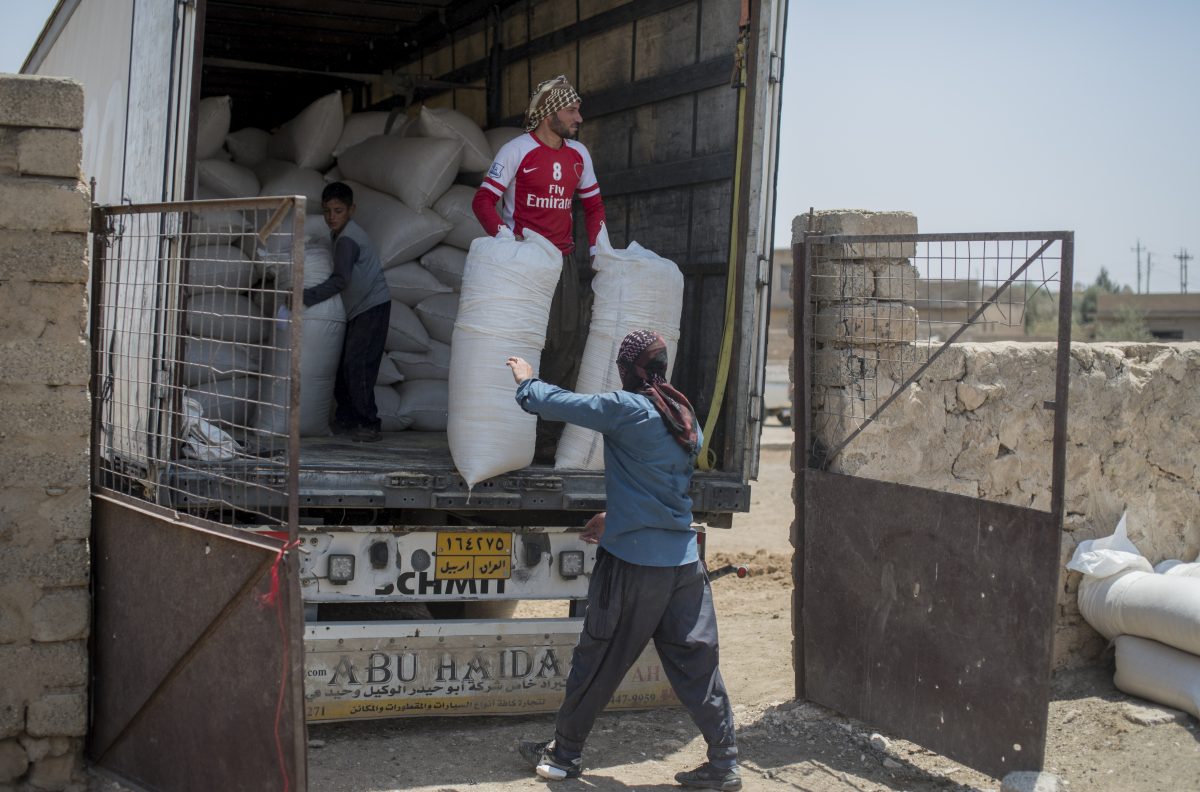Opinion
Tools for localisation: steady flow of humanitarian aid coupled with knowhow to use it
Nick van Praag • 16 July 2018

With the debate grinding on about how to give local and national humanitarian actors more funding and a bigger role, we wanted to discover what’s working and what’s not in their relations with the international intermediary organisations that provide them funds and marching orders. This is what we learned from a recent survey of 340 local partner organisations in Afghanistan, Iraq, Haiti, Lebanon, Uganda, and Somalia.
Local partners give high marks to the 20 international organisations in our sample for their willingness to listen, their understanding of the local context, and the respectful way they treat local partners. This enthusiasm may reflect some positive bias. Questionnaires were sent by the international agencies to the in-country focal points of their partner organisations and although anonymity was assured with responses going direct to Ground Truth Solutions (GTS), some respondents may have erred on the side of flattery.
In the next survey, which is about to begin in the same six countries plus Bangladesh, GTS will send the questionnaires directly to local agency focal points using an online survey platform. But the pattern of responses in this first round of surveys that holds in all six countries indicates that the majority of local organisations appreciate the quality of relations with their international counterparts.
The survey is part of a broader OECD / GTS programme to track the way people in the field see implementation of the Grand Bargain. Half of the 20 international organisations included in the survey are affiliated with the United Nations and half are NGOs. Responses from their partners were quite similar across both types of organisation and the findings in all six countries suggests a harmonious relationship.
While direct funding for local and national responders represented only 2.9 percent ($603 million) of the total humanitarian spend in 2017, according to the latest figures from Development Initiatives, the local organisations we polled appear to like the way their international partners bring financial resources to the table. With redistribution of funding at the heart of the localisation debate, the national responders covered by our survey consider their project costs adequately covered. They also say funds are provided with enough flexibility for them to adapt their activities to changing circumstances.
The scores local organisations give on the level of core funding were also quite high. This finding requires further consideration because some written comments in response to open questions in the survey sound like a cry for help in face of on-again, off-again financing. “One year we hire 100 people and the next we must lay them off,” wrote a frustrated respondent in Uganda.
The survey also asked about the usefulness of different types of capacity strengthening, from general and financial management to M&E, communications, strategy design, and long-term planning. Scores were positive but marginally lower than for financial support. The similarity in the way people responded suggests that they see support in these different areas as equally important. While views vary somewhat across countries, there seems to be an appetite for skill building in many areas of organisational development – skills that would make them better at operating both on their own and alongside others.
With relatively fragile local organisations frequently obliged to absorb a disproportionate share of fluctuations in humanitarian funding, the survey underlines the need for continuity of support. Beyond this existential concern, the local organisations’ priority is on upping their performance across a range of management and operational competencies. The message being that more funding, which is the focus of the Grand Bargain’s localisation objective, would be welcome but better if paired with capacity strengthening.